winners
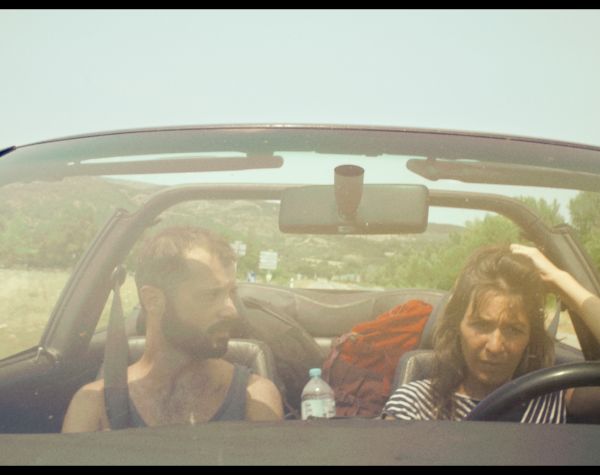
Abysses and Wonders
Christine’s father died when she was still a small child, and she remained in the care of her sadistic mother, who beat her and abused her psychologically. Christine is still convinced that her mother hid a farewell letter from her beloved father. Jean’s father committed suicide several years ago, and left behind a lengthy letter, but Jean never found the courage to read it. Together, Christine and Jean embark on a unique road trip across the French countryside to visit Christine’s mother, and try to confront the past. During their journey in the sunny atmosphere of summer days, with a mixture of humour and irony, they uncover deep family traumas from the seats of their convertible, and look for ways to understand them. They meet friends and random passers-by and, in authentic conversations, come up against the fact that pain caused by those closest to us is a universal human experience. Gradually, the question arises as to how much we are determined by what we have inherited from our parents. How can we overcome generational trauma, and ensure that we do not hurt our loved ones as we were hurt?“I think for a long time I thought she was intelligent, so there were things she could teach me about life. But actually, not at all, she had a shit life.” — Christine
director: Jean Boiron-Lajous
original title: Gouffres et Merveilles
country: France
year: 2025
running time: 78 min.
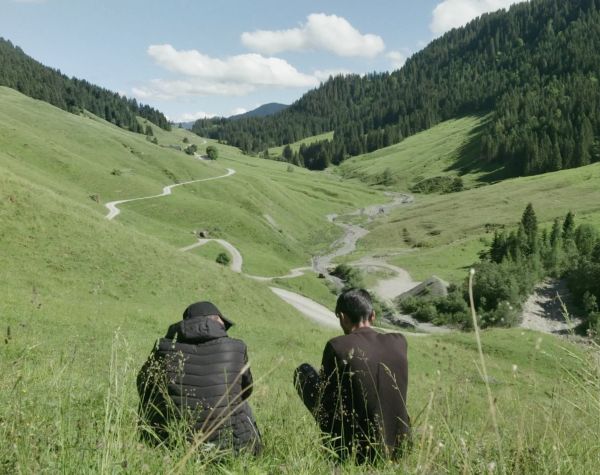
Bürglkopf
The film captures the ambivalent nature of the Tyrolean landscape around the Bürglkopf mountain. The idyll of Alpine nature, grazing cattle, babbling brooks, and breathtaking panoramas is disrupted by the knowledge that there is a refugee centre at the top of the mountain. Unauthorized entry is prohibited, contact with people inside is undesirable, and cameras are completely denied access behind the walls. The strict regime that asylum seekers must adhere to guarantees them only one thing: a minimal chance of remaining in the safety of Austria. Despite the restrictions, however, the director finds a way to conduct interviews with the centre’s residents outside the premises, against the backdrop of deep forests in the foothills. Their authentic testimonies reveal not only their personal experiences and reasons for fleeing, but also the reality of everyday life in the facility itself. The complex picture is complemented by the testimonies of those who have passed through the centre and settled in Austria, as well as critical voices from locals expressing strong empathy. It turns out that even in the face of an inhumane bureaucratic apparatus, people can retain their dignity and hope. “You broke my heart when you said that the cow has a better life than us.”
director: Lisa Polster
original title: Bürglkopf
country: Austria, Germany
year: 2025
running time: 78 min.
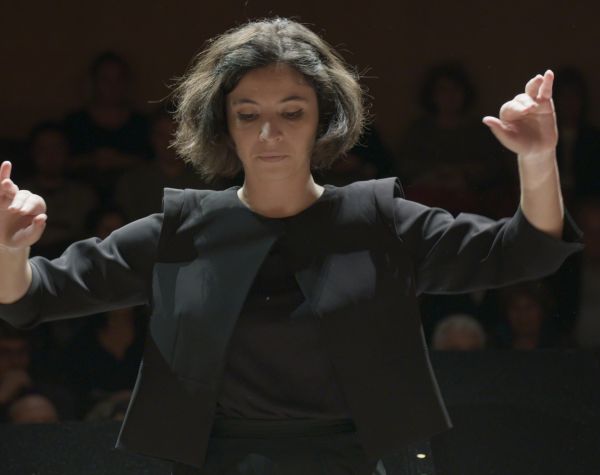
Kapralova
Czech composer Vítězslava Kaprálová was 22 years old when she left to study music in Paris in 1937. Three years later, she died of illness. This documentary, conceived as a dialogue across time and generations, follows in her footsteps. The short but intense period of the composer's life is reconstructed using archival footage and letters full of immediate impressions that the young artist shared with her family in Czechoslovakia. Her legacy is brought to life in parallel thanks to a new generation of conductors, such as Bianca Maretti, who rehearses some of her predecessor's compositions with an orchestra. Kaprálová's portrait thus becomes a tribute to all women who, despite language barriers, prejudices, and their origins, have managed to make their mark in the world of classical music. “In Paris, they are preparing for war. We are waiting anxiously to hear what Hitler will say today. We believe it will be decisive for the entire development of the situation.” — quote from the film
director: Petr Záruba
original title: Kaprálová
country: Czech Republic
year: 2025
running time: 70 min.
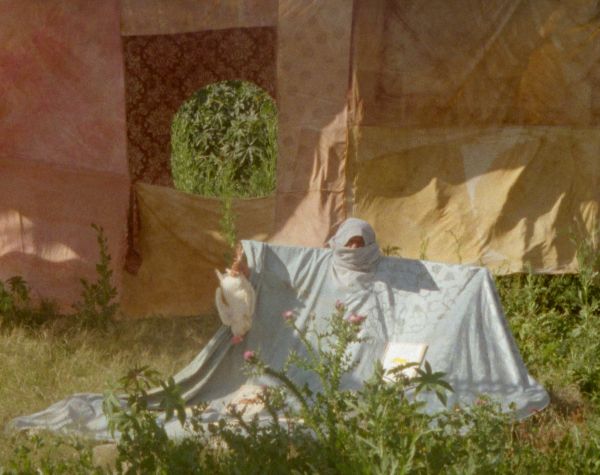
Land of Barbar
The parable, formed by evocative images of unveiled and veiled faces, traditional fabrics, and freely grazing animals, is wedged between the lines of a paragraph from Boccaccio's Decameron. This visual interlude in the story of a girl who, while asleep, drifted from the Aeolian Islands to the North African coast near the city of Sousse in present-day Tunisia, reflects Western ideas about the former Barbary Coast. “The maiden, hearing these Latin words, concluded that a contrary wind had driven her back to Lipari; and, getting up, she looked around her, and not recognizing the country, and seeing herself on the shore, she asked the good woman where she was.The good woman replied:‘My daughter, you are near Susa, in Barbary.’Hearing this, the maiden was grieved that God had not sent her death, fearing shame and injury; and, not knowing what to do, she sat down at the bottom of the boat and began to weep.” Source: Giovanni Boccaccio. Dekameron. 1886. Translated by John Payne.
director: Fredj Moussa
original title: بلاد البربر
country: Tunisia
year: 2025
running time: 11 min.
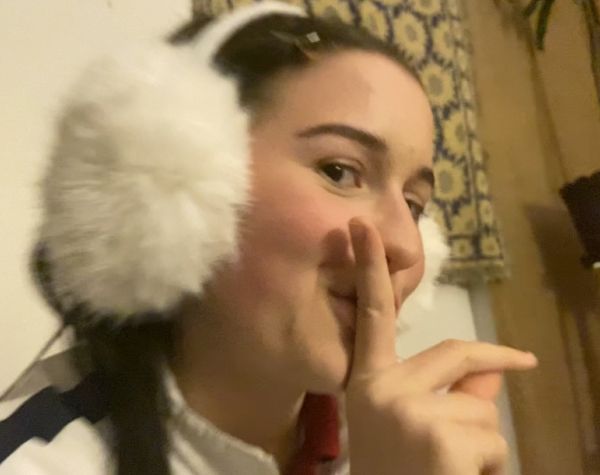
Minimum Love
Driven by the chaotic energy of Prague’s streets, the film consists of several spontaneous surveys. Together, they paint a picture of widespread apathy, and the values of today’s Czech youth. In addition to the author herself, the film features more or less sober young people who unabashedly share their views on the climate crisis, feminism, and the war in Ukraine, with the camera. But they also talk about the meaning of life, the secrets of good sex and love, the search for (and failure to find) which is one of the central themes of the film. “We have too little time in this world to be filled with hatred.”
director: Maja Penčič
original title: Minimum lásky
country: Czech Republic
year: 2025
running time: 76 min.
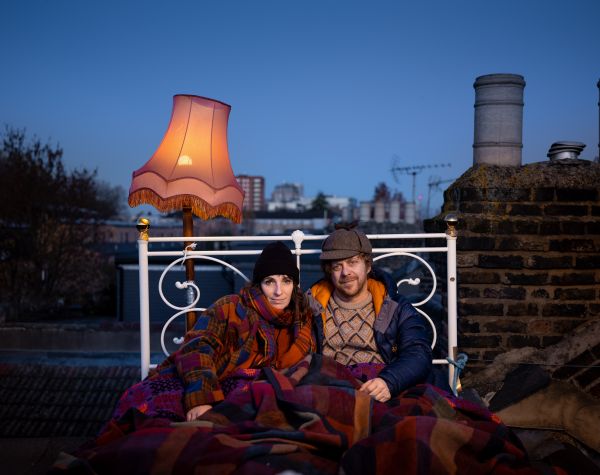
Power Station
Set during the pandemic and the years that followed, the story follows two protagonists who decide to transform their street into the first community powered exclusively by solar energy. From their home in London's Walthamstow neighbourhood, they develop an idea that combines artistic practice, activism, and everyday life. The project is based on the belief that even small collectives can influence the shape of our world through direct action and concrete deeds. Initially, the aim is to convince neighbours that a shared energy system is a realistic solution to rising prices and dependence on corporations. In times of economic uncertainty, the initiative becomes a symbol of hope and solidarity for an entire neighbourhood that can barely afford to heat its homes. At the same time, the creators continue their tradition of protest art—during the harshest winter in Britain, they spend almost a month on the roof of a house to raise funds and media attention for the campaign. The narrative combines lightness and humour with a deeper message about the power of community, empathy, and imagination to transform a local dream into a universal call for change.“We are trying – through the story telling of one street, all of the different characters and history of this one place – to show, actually we can have the power to make change.” — Hilary PowellSource: BBC News.
director: Dan Edelstyn, Hilary Powell
original title: Power Station
country: United Kingdom
year: 2025
running time: 96 min.

So Close, So Far
Director Zhu Yudi filmed this devastating chronicle of the gradual decline of a family falling into debt, primarily in the company of his father. In recent years, his renovation company has been sinking deeper and deeper into debt due to investments in various projects in Chinese cities. Zhu accompanies his father on one of his regular business trips, during which he attempts to collect unpaid debts from clients. However, he also captures the escalating family disputes and his father's descent into ever-greater despair. Through one personal tragedy, the film shows the existential distress caused by the recent crisis in the Chinese real estate sector. The young filmmaker uses a professional camera to capture confrontational situations and composes them in a way that makes him not only an observer but also a direct participant, commenting on events from behind the camera while talking to his protagonists. His film is an immediate, authentic drama that remains in the intimate sphere but at the same time speaks to the state of Chinese society. “Dad rarely discusses his debts to me at home, not to mention the details of collecting debt. I had never been to Heibei, so I never thought it would be so difficult.”
director: Yudi Zhu
original title: Zhe Me Jin, Na Me Yuan
country: Hong Kong, China
year: 2025
running time: 98 min.

Taste of Salt
Ammar and Bilal both have experience as refugees living in present-day Germany. They meet thanks to an interview conducted by an actress and actor, who are using it as inspiration for a play they are preparing. However, the documentary film Taste of Salt follows their conversations, their everyday lives, and ultimately the theatrical performance that emerges from these conversations. The film thus recounts the experience of exile through three different means. Ammar and Bilal talk about their difficult experiences with migration and with their lives in their new home. At the same time, the camera follows them in distanced shots that emphasize their uprootedness in the German urban environment and, ultimately, in the artistic theatrical performance. Thanks to this, the film can be viewed as a testimony to the current waves of migration, a record of their everyday existence, and an empathetic portrayal of their feelings about life. “We had two different feelings. First of all we were happy that we had left that bad place and the pain we faced there. And secondly, a fear of what we are going to face. For me it was the first time I had seen the sea.”
director: Raaed Al Kour
original title: طعم الملح
country: Germany
year: 2025
running time: 88 min.
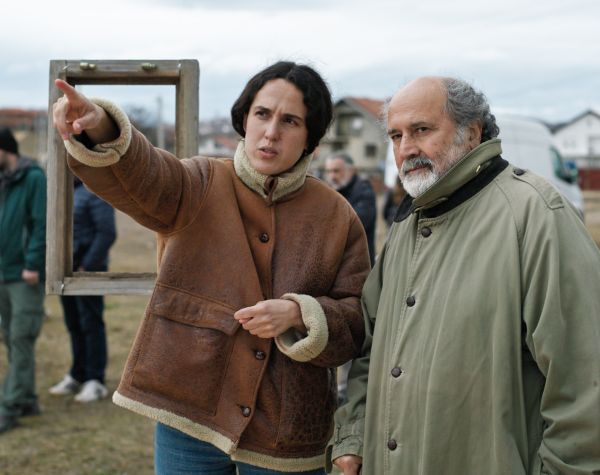
The Beauty of the Donkey
After decades in exile, Asllan returns with his daughter to his native village in Kosovo to work with local residents to revive the world of his childhood, which was destroyed by war. Through staged memories, interviews with eyewitnesses and intensive collaboration with the community, he attempts to uncover the truth about the past and understand how it shaped the present. The process of reconstructing memories reveals the tension between an idealised past and a reality marked by loss, trauma and uprooting. The donkey present in the story serves as a metaphor for patience, continuity and memory, but at the same time it is a very real, symptomatic animal for village life and the daily rhythm of the community. The intimate dialogue between father and daughter transforms into a broader reflection on collective memory, identity and man's relationship to home, with the film showing the power of community in the shared search for meaning and understanding. The work combines elements of documentary reconstruction, performative gesture and poetic realism, creating a multi-layered statement about the relationship between the past and the present. “Everything was so present and intense. All of us were vivacious.”
director: Dea Gjinovci
original title: La Beauté de l'Âne
country: Kosovo, Switzerland, France, United States
year: 2025
running time: 76 min.

The cats, the sea, and everything in between.
Documentary filmmaker Karel Malkoun comes from Lebanon, but has been living in Canada for the past few years. In 2022, when the economic crisis in her native country was at its peak, she decided to visit her family there. She turned her short trip into a collage-like diary in which she reflects on her relationship with her homeland, which is in a state of protracted decay. The film is composed of spontaneous snapshots capturing the author's stay, interspersed with inserted captions serving as personal, often poetically formulated comments and observations. As a result, the film does not hide its strongly subjective perspective, but at the same time builds on it to make an important statement that shows the transformation of Lebanese society in everyday details such as the appearance of the city itself or in the intimate sphere of the author's family life. Malkoun has created an immediate, raw, and deliberately unsorted impression capturing the absurdity and suddenness of situations that took her by surprise as a native returning from abroad. “They got married in the war, they had us in the war. We grew up in the war. Went to school in the war. Got married and had our kids, in the war. And also we will die, in the war. Regardless of whether it is an economical war or an actual war.”
director: Karel Malkoun
original title: The cats, the sea, and everything in between.
country: Lebanon, Canada
year: 2025
running time: 73 min.
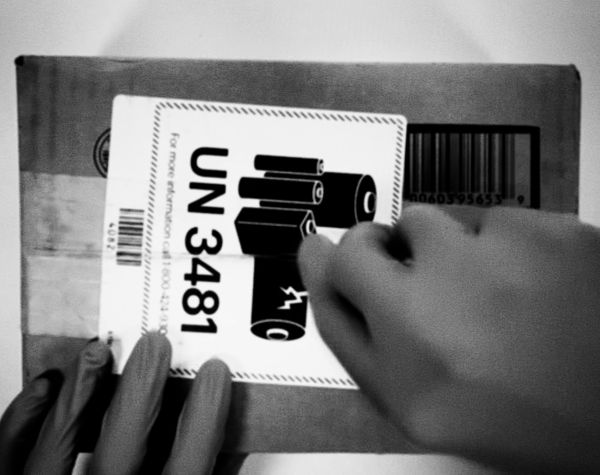
The Totalitarian Society of the Image
The third part of the trilogy on representation, art, and politics is a collage of images and quotations with a congenial sound design by Ian Mikyska. While The Signature of Certain Things (2022) explored the role of artworks and institutions in society and The Commodity Catalogue (2023) focused on the commodity nature of artistic creation, the final part offers subversion rather than synthesis: it reveals the contradictions of artistic analysis, which do not lead to a clear political position but instead undermine themselves.“The silent imperative of accumulation now reigns supreme and absorbs everything, including hope. It is a new type of religiosity that interprets the world, permeates everything, and is capable of justifying anything. Even this modest dissenting film, seeking through its pre- declared resignation the possibility of expression, moves nothing, illuminates nothing. It too will be absorbed.”
director: Zbyněk Baladrán
original title: The Totalitarian Society of the Image
country: Czech Republic
year: 2025
running time: 13 min.
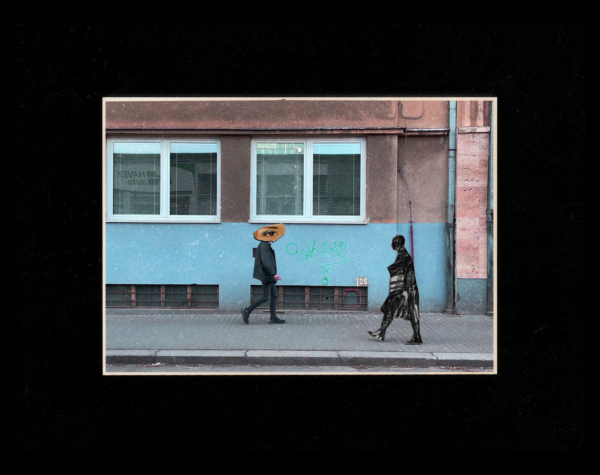
tiny film about rape
A composition of collages from magazines, diary sketches, and skin prints, accompanied by a girl's confession in voice-over, tells the story of how the female body is transformed into an object—a mere vessel of male desire—in a whole range of forms of sexual violence: from subtle street harassment to rape. Imaginative stop-motion animation combines drawing, photography, and real objects. “Where does innocence end, and where do remarks begin that can lead to sexual violence? How does this shape her self-perception?” — from the film’s accompanying material
director: Nebe Motýlová
original title: malý film o znásilnění
country: Czech Republic
year: 2025
running time: 9 min.
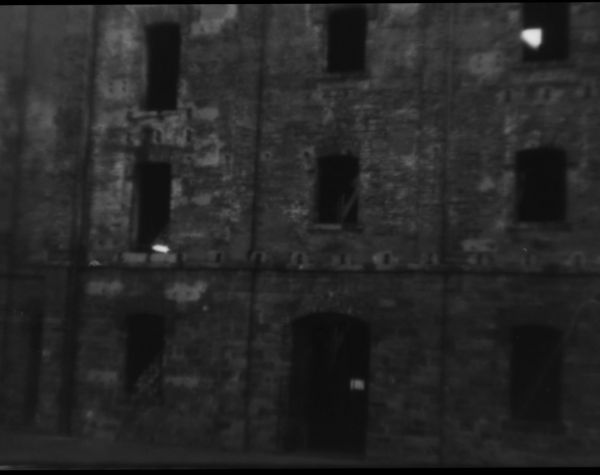
Transparencies
Heavy words bounce off the images of silent walls like another screen. Black-and-white shots taken with a handheld 16 mm camera follow empty corridors, blind windows, and bars of the former Risiera di San Sabba concentration camp in Trieste. They are permeated by György Ligeti's fragmented and nervous electronic composition Artikulation. The memory of the motionless walls is framed by an excerpt from the Italian translation of Jean Baudrillard's book La trasparenza del male (The Transparency of Evil).“During the 16 mm film shooting and development workshop held by Labbash Film in Trieste, I visited the Risiera di San Sabba, a place I had only heard about until then… I thought about how complex and ambiguous history is, how one question can have ten different answers that contradict each other, and I concluded that whatever I did in the short time I had to make this film had to be as far removed as possible from a rhetorical idea of representing evil.” — Mario BlaconàSource: PerSo Film Festival.
director: Mario Blaconà
original title: Trasparenze
country: Italy
year: 2024
running time: 7 min.
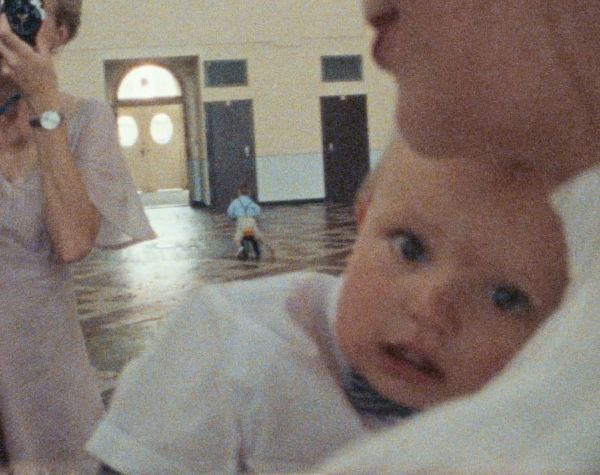
Unborn Father
Inspired by Jonas Mekas' diary films and his father's home videos, Michal Böhm composes a candid self-portrait of his own desire for fatherhood from numerous visual fragments. Six years of life, dozens of gestures, smiles, and silent faces captured by the nimble eye of an 8mm camera. A breakup with a partner, a new relationship, his mother's serious illness, meetings with friends. Demonstrations, pandemics, war, and weddings. Things both fleeting and fundamental. Life as a fabric of fleeting impressions and the camera as a tool that captures, shapes, and preserves them for future generations. And above all, reflections on the future and the legacy we will leave behind, and doubts about whether this is the right world and the right time to have a child.“But there had to be a soundtrack, and an 8mm camera doesn't record sound on its own. So in the end, I used fragments of conversations and excerpts from my own and other people's speech.” — Michal BöhmSource: Dok.revue
director: Michal Böhm
original title: Osm milimetrů rodiny
country: Czech Republic
year: 2025
running time: 83 min.
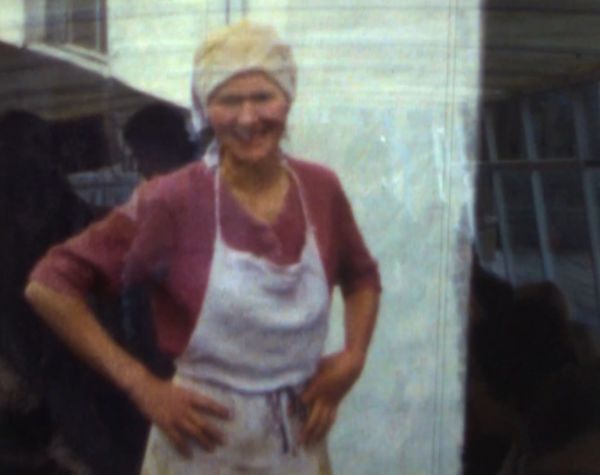
wedLOCK tradWIFE
A wife should obey her husband’s every word, and live only for him. This is how one could briefly summarize the attitude of some women who identify with the wedLOCK tradWIFE phenomenon. This film is based on their statements on social media, presented in a shocking concentration and painful collage, with period footage from the 1950s. “Tradwife refers to a woman who adheres to traditional gender roles, that is, caring for the household, rather than pursuing a career.” — Martin Šemelík, Department of Contemporary Lexicology and Lexicography, Institute of the Czech Language, Academy of Sciences
director: Gabriele Neudecker
original title: wedLOCK tradWIFE
country: Austria
year: 2025
running time: 10 min.
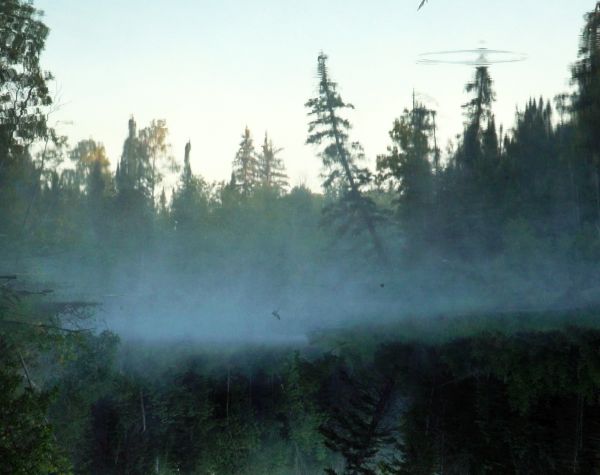
While the Green Grass Grows: A Diary in Seven Parts (parts 1–4)
While the Green Grass Grows: A Diary in Seven Parts will be screened over two days — the first half of the film on 29.10. and the second half on 30.10. We kindly ask to book tickets for both screenings. The total runtime of the film is 7 hours.The author’s film diary is a personal, profound meditation on human existence, time, and the places we inhabit. Set in the American wilderness, from canyons and deserts, to forests and caves, it reveals universal experiences of life and death through the individual fates of its characters. It observes how the human mind structures stories and perceives the passage of time: microseconds unfold into entire scenes, months pass in seconds. This visual odyssey alternates between spectacular landscape images and intimate details of everyday life, blurring the boundaries between nature and civilization, and showing humans as their intersection. Through the intimate testimonies of the protagonists, the viewer gradually penetrates their lives, and reveals their interconnectedness. Layers of meaning are revealed through the juxtaposition of different shots, from plains to urban scenes, to the interior of the director’s mother’s living room, whose departure is one of the film’s central motifs. Watching the film is an almost psychedelic experience that offers a profound philosophical view of existence, death, and the value of the present moment.“It’s a thinking person’s film, and each chapter meanders down its own rabbit hole.” — Pat MullenSource: POV: Canada’s Documentary Magazine.
director: Peter Mettler
original title: While the Green Grass Grows: A Diary in Seven Parts (parts 1–4)
country: Switzerland, Canada
year: 2025
running time: 197 min.
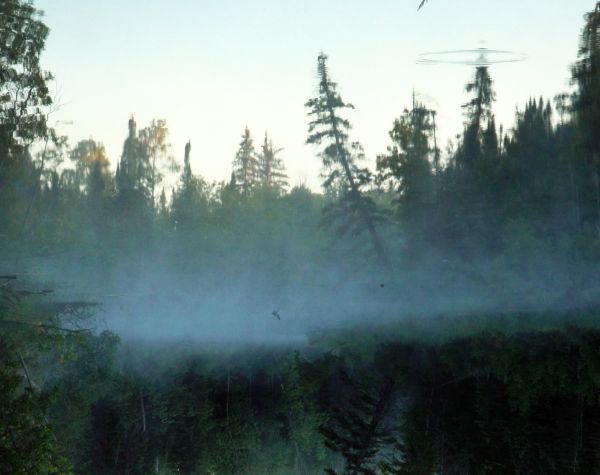
While the Green Grass Grows: A Diary in Seven Parts (parts 5–7)
While the Green Grass Grows: A Diary in Seven Parts will be screened over two days — the first half of the film on 29.10. and the second half on 30.10. We kindly ask to book tickets for both screenings. The total runtime of the film is 7 hours.The author’s film diary is a personal, profound meditation on human existence, time, and the places we inhabit. Set in the American wilderness, from canyons and deserts, to forests and caves, it reveals universal experiences of life and death through the individual fates of its characters. It observes how the human mind structures stories and perceives the passage of time: microseconds unfold into entire scenes, months pass in seconds. This visual odyssey alternates between spectacular landscape images and intimate details of everyday life, blurring the boundaries between nature and civilization, and showing humans as their intersection. Through the intimate testimonies of the protagonists, the viewer gradually penetrates their lives, and reveals their interconnectedness. Layers of meaning are revealed through the juxtaposition of different shots, from plains to urban scenes, to the interior of the director’s mother’s living room, whose departure is one of the film’s central motifs. Watching the film is an almost psychedelic experience that offers a profound philosophical view of existence, death, and the value of the present moment.“It’s a thinking person’s film, and each chapter meanders down its own rabbit hole.” — Pat MullenSource: POV: Canada’s Documentary Magazine.
director: Peter Mettler
original title: While the Green Grass Grows: A Diary in Seven Parts (parts 5–7)
country: Switzerland, Canada
year: 2025
running time: 223 min.










